Summaries of books about Sociology:

This Is What America Looks Like
My Journey from Refugee to Congresswoman
Ilhan Omar
The memoir recounts Ilhan Omar's journey from her early life in war-torn Somalia to her historic election as one of the first Muslim women in the United States Congress. It details her experiences as a refugee, her activism, and her commitment to progressive politics as she navigates the complexities of American society.
See full summary
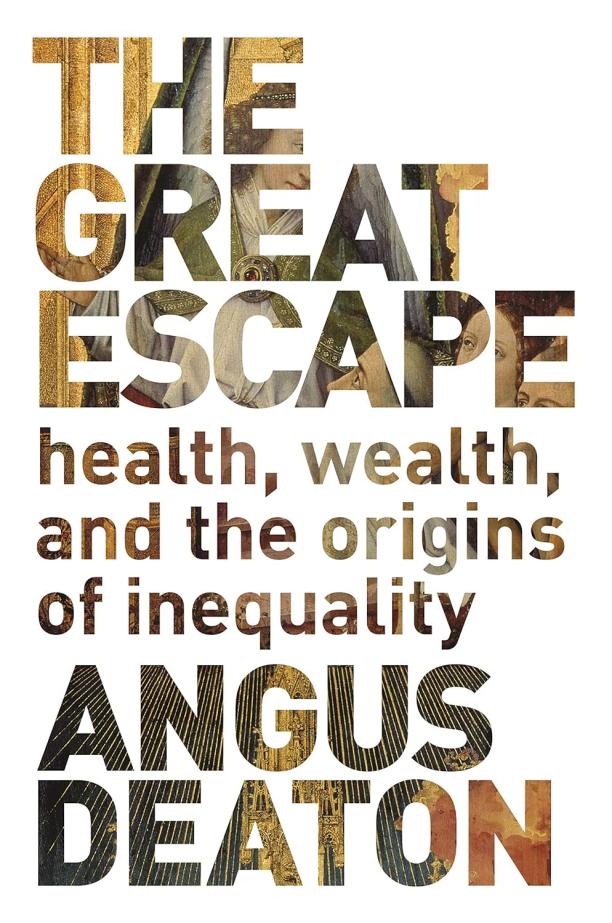
The Great Escape
Health, Wealth, and the Origins of Inequality
Angus Deaton
The book examines the historical progress in health and wealth that has led to significant improvements in the quality of life for many, while also exploring the persistent inequalities that remain between countries and within societies. It delves into the origins and consequences of these disparities, and discusses the roles of technological advancements, education, and policy in shaping global inequality.
See full summary
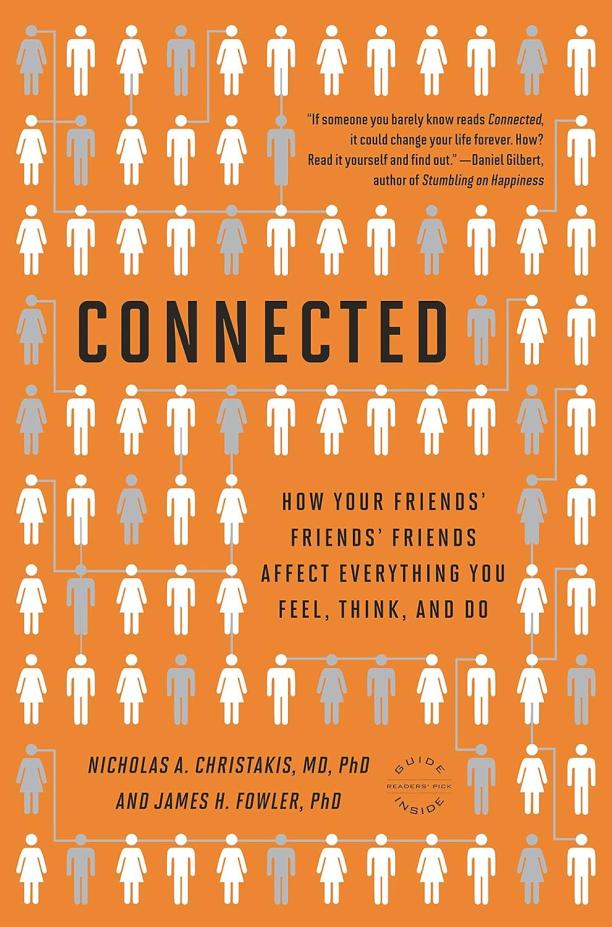
Connected
The Surprising Power of Our Social Networks and How They Shape Our Lives
Nicholas A. Christakis|James H. Fowler
The book explores how individuals are interconnected through vast social networks and how these networks influence behaviors, ideas, and health. It delves into the science behind these connections, demonstrating the profound impact our social ties have on our lives, from happiness to obesity, and how they can be harnessed for positive change.
See full summary
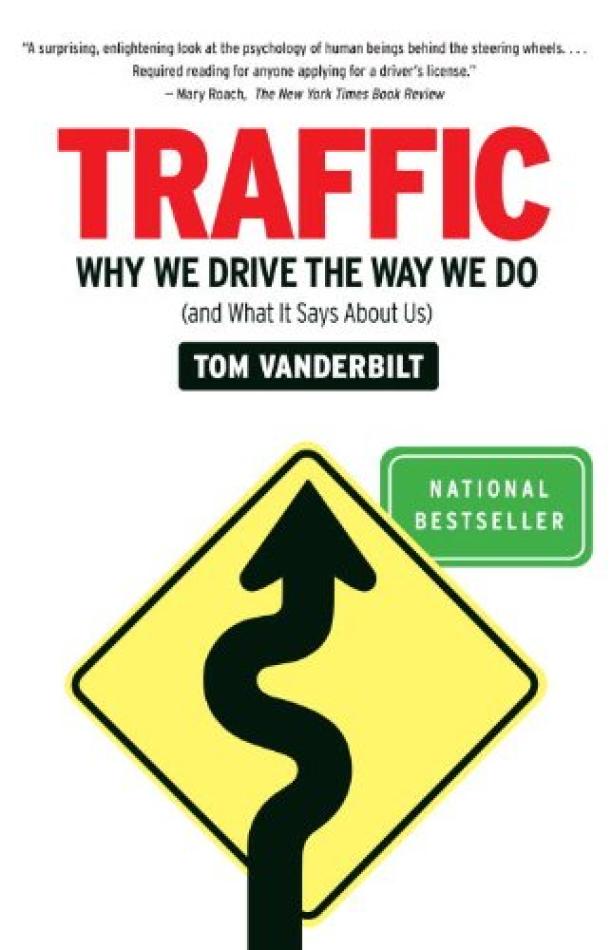
Traffic
Tom Vanderbilt
The book explores the complex world of traffic from a multitude of perspectives, delving into the behavior of drivers, the design of roads, and the intricacies of transportation systems. It combines psychology, engineering, and sociology to reveal the surprising dynamics of how and why we drive the way we do.
See full summary

Brazillionaires
Wealth, Power, Decadence, and Hope in an American Country
Alex Cuadros
The book delves into the lives of Brazil's ultra-wealthy elite, exploring their immense influence on the country's politics, economy, and society. It provides an investigative look at the intersection of wealth and corruption, and how this impacts the hopes and struggles of the broader Brazilian population.
See full summary
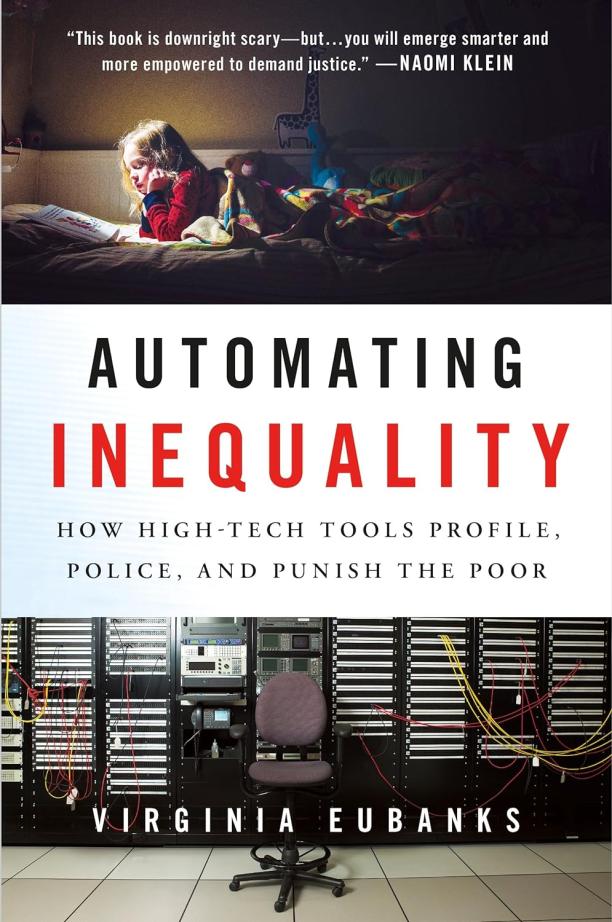
Automating Inequality
How High-Tech Tools Profile, Police, and Punish the Poor
Virginia Eubanks
The book investigates the impacts of data mining, policy algorithms, and predictive risk models on poor and working-class people in America. It presents case studies that illustrate how these technologies can reinforce existing inequalities by targeting and surveilling disadvantaged communities, often resulting in harsher treatment and further marginalization.
See full summary

The Long Emergency
Surviving the End of Oil, Climate Change, and Other Converging Catastrophes of the Twenty-First Century
James Howard Kunstler
The book presents a grim forecast of the challenges society will face as it grapples with the depletion of fossil fuels, particularly oil, and the ensuing economic, political, and social turmoil. It delves into the potential impacts of climate change and resource scarcity, advocating for a radical reorganization of living arrangements and a return to localized, sustainable economies.
See full summary
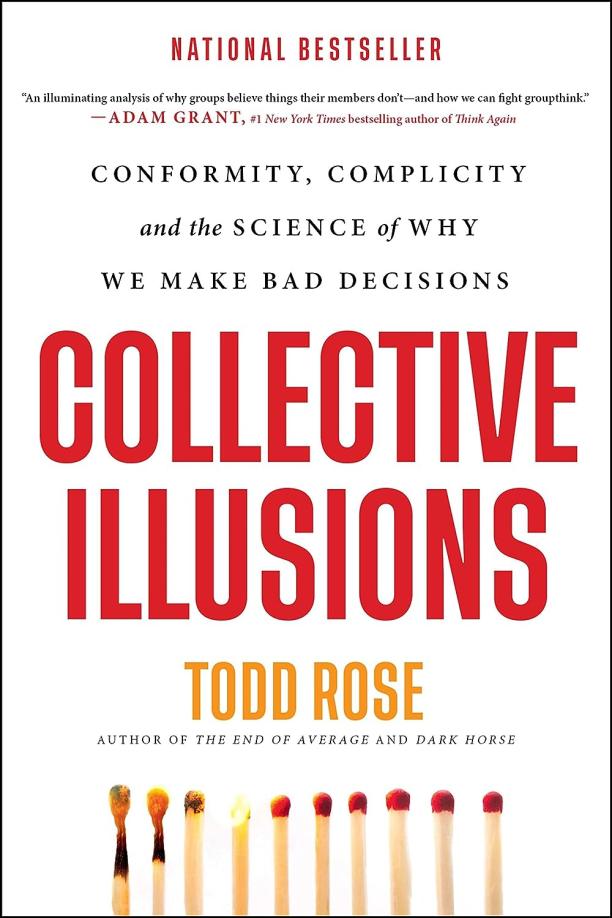
Collective Illusions
Conformity, Complicity, and the Science of Why We Make Bad Decisions
Todd Rose
The book explores the psychological and social mechanisms that lead individuals to conform to group norms and make decisions against their better judgment or personal beliefs. It delves into the science behind collective behavior, revealing how societal pressures can result in complicity and poor decision-making on a larger scale.
See full summary
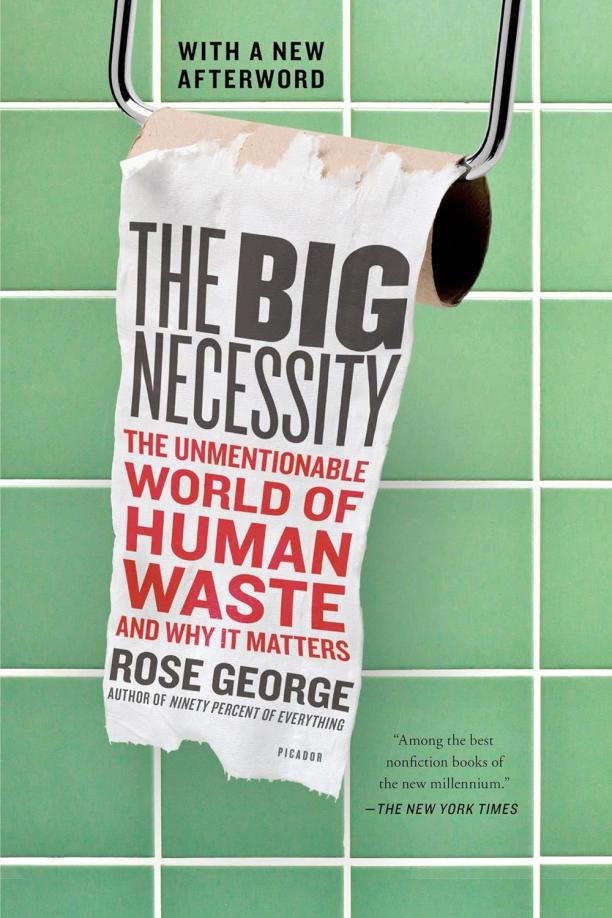
The Big Necessity
The Unmentionable World of Human Waste and Why It Matters
Rose George
The book explores the global sanitation crisis, highlighting the dangers of inadequate waste disposal and the impact on public health. It delves into various cultural attitudes towards excrement and the innovative solutions being developed to address the urgent need for clean toilets and sewage systems worldwide.
See full summary
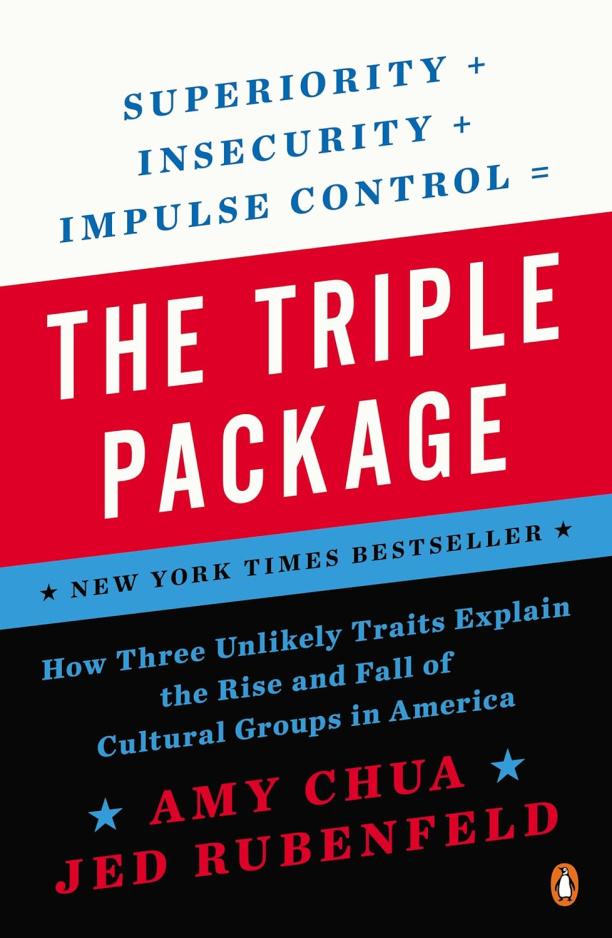
The Triple Package
How Three Unlikely Traits Explain the Rise and Fall of Cultural Groups in America
Amy Chua|Jed Rubenfeld
The book argues that certain cultural groups in America have achieved remarkable success due to a combination of three traits: a superiority complex, insecurity, and impulse control. It examines how these traits interact to foster drive and upward mobility among groups like Mormons, Jews, and Nigerians, while also discussing the potential downsides of this "Triple Package."
See full summary